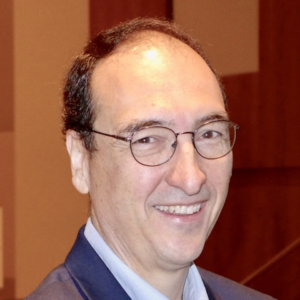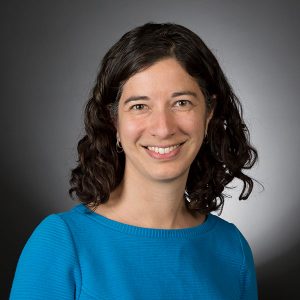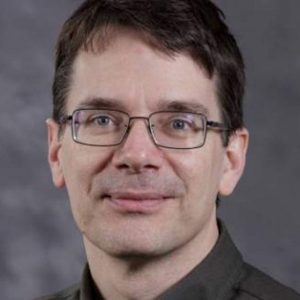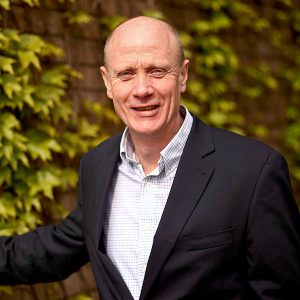Policy WG
-
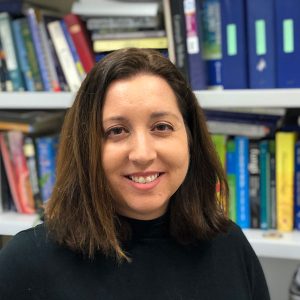
Michelle O’Malley
Michelle A. O’Malley is an Associate Professor in the Department of Chemical Engineering at the University of California, Santa Barbara. She earned a B.S. in Chemical Engineering and Biomedical Engineering from Carnegie Mellon University in 2004 and a PhD in Chemical Engineering from the University of Delaware in 2009, where she worked with Prof. Anne Robinson to engineer overproduction of membrane proteins in yeast. O’Malley was a USDA-NIFA postdoctoral fellow in the Department of Biology at MIT and the Broad Institute, where she developed new strategies for cellulosic biofuel production. At UCSB, her research group develops synthetic biology tools to engineer protein synthesis within anaerobes and microbial consortia for sustainable chemical production, bioremediation, and natural product discovery. O’Malley’s research has been featured on NPR’s Science Friday, the BBC Newshour, the LA Times, and several other media outlets. She was named one of the 35 Top Innovators Under 35 in the world by MIT Technology Review in 2015, and is the recipient of the Presidential Early Career Award for Scientists and Engineers (PECASE), a DOE Early Career Award, an NSF CAREER award, the Camille Dreyfus Teacher-Scholar Award, the ACS BIOT Division Young Investigator Award, the ACS PMSE Division Young Investigator Award, an ACS WCC “Rising Star” Award, and a Hellman Faculty Fellowship.
